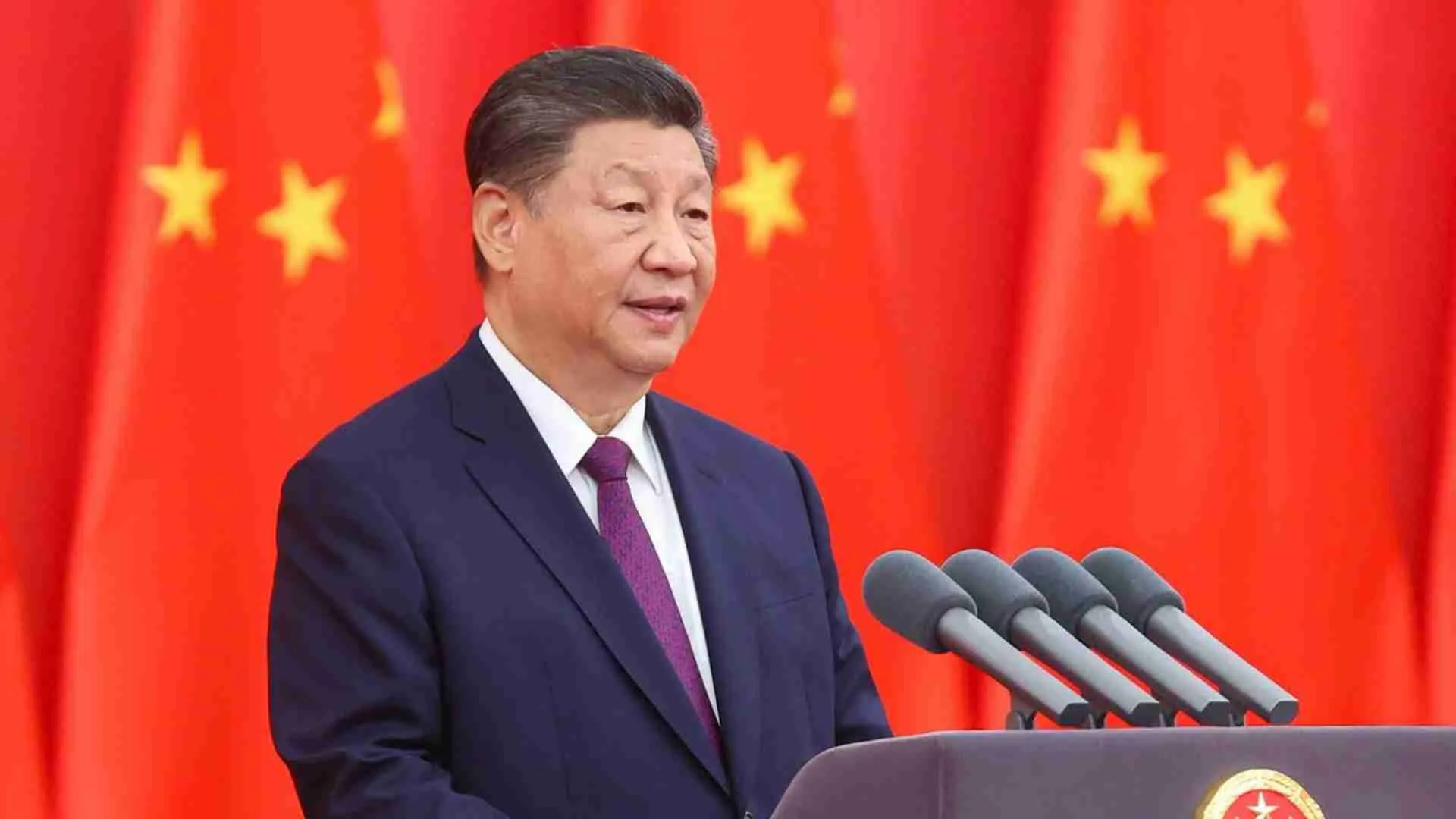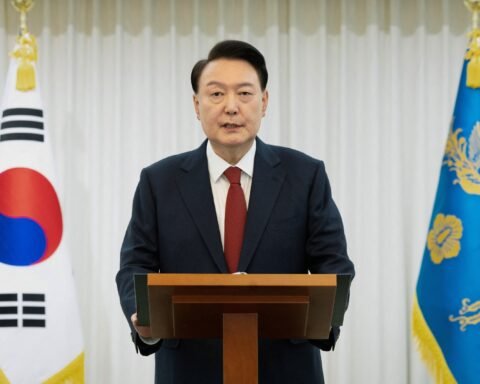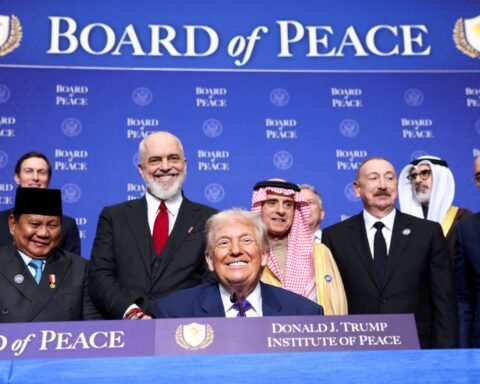China has made it clear that it is ready to defend its economic interests at all costs after the U.S. imposed new tariffs on Chinese goods.
In a bold statement, Chinese officials declared, “If war is what the U.S. wants—whether it’s a tariff war, a trade war, or any other kind of war—we’re ready to fight until the end.”
This remark comes after the Trump administration introduced a series of tariffs, including a 25% duty on goods from China, Mexico, and Canada. These measures have raised concerns about the potential for a global trade war, one that could disrupt international trade and harm economies worldwide.
In response to these tariffs, China has announced countermeasures, including tariffs of up to 15% on American imports, particularly targeting agricultural products. This is expected to significantly affect American farmers, who are already under pressure due to the ongoing trade conflict.
But China’s retaliation doesn’t stop there. The country has also placed additional U.S. companies on export control and blacklists, filed lawsuits with the World Trade Organization (WTO), and launched investigations into specific American products. These actions reflect China’s multi-pronged approach to countering U.S. trade moves.
Also Read; Russia Strikes Ukraine’s Power Plant
Amid Winter
Economists are increasingly concerned about the global impact of this escalating trade war. With the prospect of extended tariffs and economic strain, there are fears that supply chains could be disrupted, trade markets could shrink, and inflation could rise. These developments could stall global economic growth and lead to increased instability in world markets.
Indeed, financial markets have already reacted strongly, with the U.S. dollar dropping to a three-month low and stock indices such as the FTSE 100 experiencing significant losses. Investors are worried that the trade war will slow down economic growth, leading to what some are calling a potential “Trumpcession.”
In the coming weeks, we’ll see whether this trade war escalates further or if both countries can find a way to ease tensions and restore some stability to international markets.







